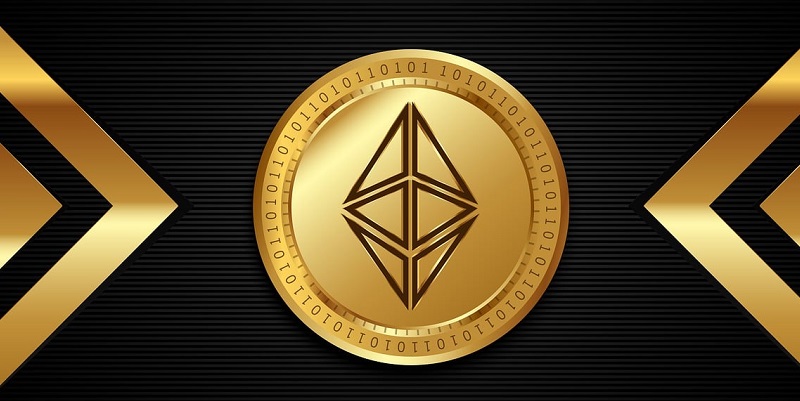In the ever-evolving world of cryptocurrency, Ethereum appears to be on the mend, demonstrating signs of growth and resilience. This article delves into recent developments surrounding Ethereum, including Mastercard’s potential entry into the blockchain space, the resurgence of the play-to-earn concept, the importance of interconnectivity between blockchains, the growing trend of staking, and the prominence of Ethereum regulators in the United States.
Resurgence of the Play-to-Earn Concept
Recently, the play-to-earn concept has experienced a notable resurgence, potentially fuelled by positive market sentiment. This innovative idea allows users to earn cryptocurrency through various online games and platforms. The surge in popularity can be attributed to the increased adoption of blockchain technology, as it provides a secure and transparent ecosystem for these gaming experiences. As more individuals seek alternative income streams, play-to-earn presents an enticing opportunity.
Interconnectivity of Blockchains
Connecting different blockchains, enabling them to leverage each other’s unique features, is not a new concept. This functionality allows for enhanced scalability and interoperability within the cryptocurrency ecosystem. To facilitate this interconnectivity, a new project has been developed to enable users holding altcoins, such as Solana, to access the Ethereum Virtual Machine blockchains. This cross-chain compatibility unlocks countless possibilities and fosters collaboration among diverse blockchain networks.
Growing Trend of Staking in Ethereum
With the latest upgrade, staking has become a hot topic within the Ethereum community. Staking involves locking a certain amount of cryptocurrency, such as ETH, into a digital wallet to support the network’s operations and validate transactions. As of June, the number of staked ETH coins has exceeded twenty-three million, indicating a continuous upward trend since April. Staking provides an avenue for Ethereum holders to actively participate in network governance while earning rewards for their contributions.
Ethereum Regulators in the United States
The United States houses almost half of all regulators on the Ethereum blockchain, illustrating its prominence in the global regulatory landscape. With regulators playing a critical role in ensuring compliance and security within the crypto space, their concentration in the US highlights the country’s influence and active engagement with Ethereum. This trend emphasizes the need for effective regulatory frameworks to harness blockchain’s potential while safeguarding the interests of investors and the broader financial ecosystem.
As Ethereum embarks on a path of recovery, it continues to make headlines with significant developments in various areas. The entrance of Mastercard into the blockchain arena signifies a growing recognition of its transformative potential in the banking sector. The resurgence of the play-to-earn concept showcases the evolving possibilities of blockchain technology in the gaming industry. Furthermore, the interconnectivity of blockchains fosters collaboration and unlocks new opportunities for users. With the soaring popularity of staking and the United States playing a significant role in Ethereum regulation, the future appears promising for Ethereum and the broader blockchain ecosystem. As the technology continues to evolve, Ethereum is poised to lead the way towards a decentralized and interconnected digital future.

